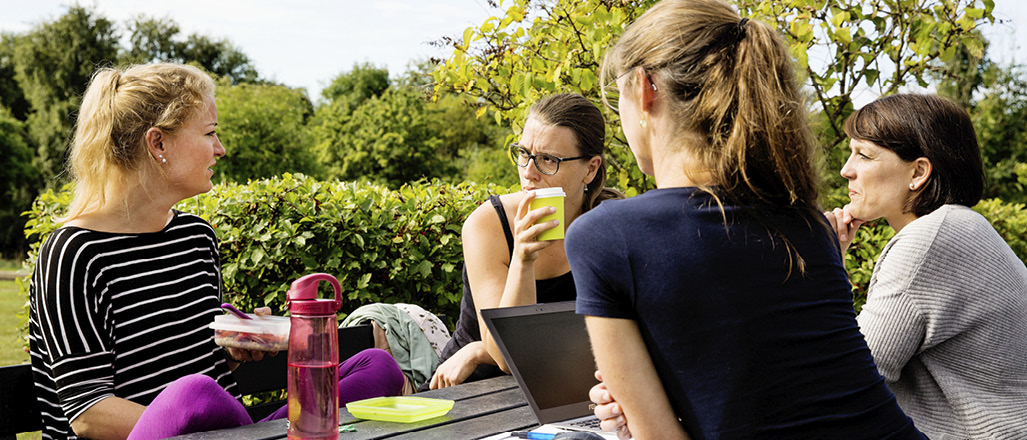
How do we create a sustainable society?
There is wide agreement that to create a sustainable society we need to increase 1) the use of clean energy and 2) energy efficiency
One way of moving towards these objectives is to make end-users reduce energy consumption, shift their energy consumption to non-peak periods and to choose clean energy. To do this it is necessary to understand how consumers make energy consumption decisions and to learn which incentive mechanisms have the potential to change their decisions.
This project focuses on behavioural incentives that are personalised. Previous studies have only evaluated one behavioural mechanism at the time and implemented it at the same time across all consumers. There are good reasons to believe (e.g. based on findings in medical fields) that mechanisms that are personalised with respect to content and timing can result in larger impact on consumption.
We will implement personalised incentive mechanisms in Esbjerg using students as study objects. With such data we will be able to advance the frontier of what we know about energy consumption and to build a unique knowledge base at SDU in Esbjerg.
We will use a student house, consisting of corridors with several student rooms, as study sites. In each room, which is occupied by one student, we will install electricity meters that records how much electricity each student is consuming per hour.
The project will be run by the Energy Management Centre at SDU (Esbjerg). Collaboration has been established with Linc, a firm registered in Esbjerg that is developing/manufacturing electric meters. Initiatives have also been taken to establish contacts with one housing association that operates one student house.
The project is financed by Esbjerg Seminariums Uddannelsesfond (Endowment of Esbjerg's College of Education).
Contact person: Professor, Head of Centre Magnus Söderberg